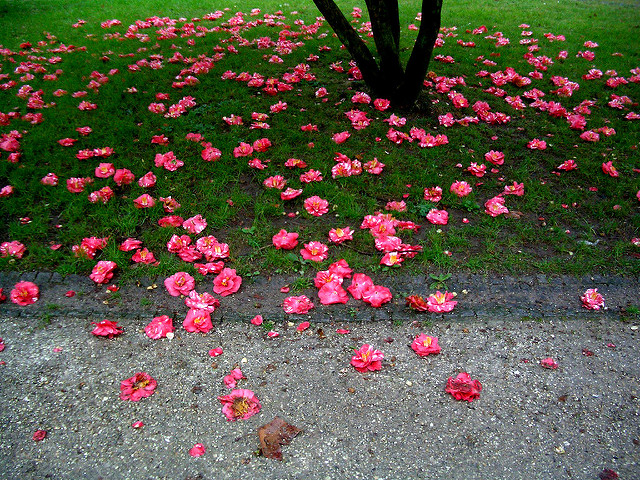एक अध्यापक को भिक्षु चू लाइ की शिक्षाओं में आस्था नहीं थी. एक दिन उसने चू लाइ का अपमान कर दिया. अध्यापक की पत्नी चू लाइ की भक्त थी. उसने अध्यापक को चू लाइ से अपने कृत्य के लिए क्षमा मांगने को कहा.
अध्यापक क्षमा माँगना तो नहीं चाहता था लेकिन पत्नी से झिक-झिक करने से अच्छा उसने सोचा कि भिक्षु से ही क्षमा मांग ली जाये. वह मंदिर पहुंचा और क्षमा के दो शब्द कहे.
“मैं तुम्हें क्षमा नहीं करता!” – चू लाइ ने कहा – “जाओ अपना काम करो!”
बेचारे अध्यापक को कुछ न सूझा. उसने लौटकर अपनी पत्नी को यह बात बताई. वह चू लाई के पास आई और शिकायत के स्वर में बोली – “मेरे पति अपने किये पर इतने शर्मिंदा थे पर आपने उनपर थोड़ी सी भी दया नहीं दिखाई!”
चू लाइ ने कहा – “मेरे मन में तुम्हारे पति के किसी भी आचरण के लिए कोई क्षोभ नहीं है परन्तु मैं यह जानता हूँ कि वह वास्तव में अपने किये पर लज्जित नहीं है. ऐसी स्तिथि में उसे मेरे प्रति नाराज़ ही बने रहने दो. उसकी क्षमायाचना को स्वीकार कर लेने पर हमारे मध्य संबंधों में झूठी मधुरता आ जाती जो तुम्हारे पति के क्रोध को और अधिक ही बढ़ाती”.
(A zen story on asking/giving forgiveness – in Hindi)
(~_~)
The monk Chu Lai was beaten by a teacher who did not believe anything he said. However, the professor’s wife was a follower of Chu Lai, and demanded that her husband had to apologize to him.
Displeased, but without the courage to deny his wife, the man went to the temple with her and murmured some words of repentance.
“I do not forgive,” replied Chu Lai, “go back to work.”
The woman was horrified. “My husband is humiliated, and you were not generous!”
And Chu Lai responded, “Within my soul there is no rancor. But if he is not truly sorry, it is better for him to recognize now that he is mad at me. If I had accepted his forgiveness, we would be creating a false state of harmony, and this would further increase the anger of your husband.”


अहा । सम्बन्ध हों तो स्पष्ट ।
पसंद करेंपसंद करें
अति सुन्दर
पसंद करेंपसंद करें
nice
पसंद करेंपसंद करें